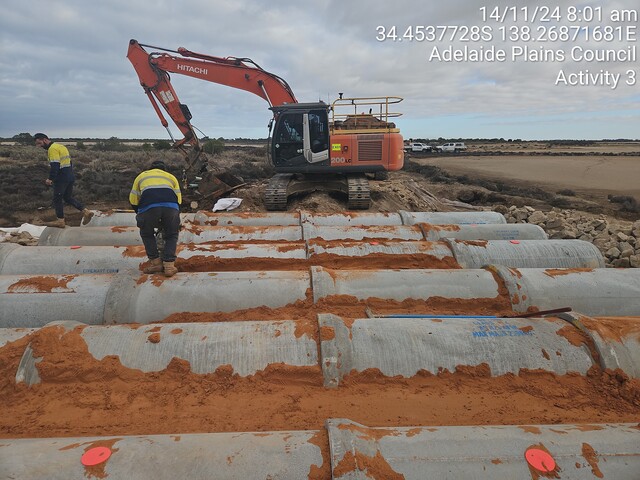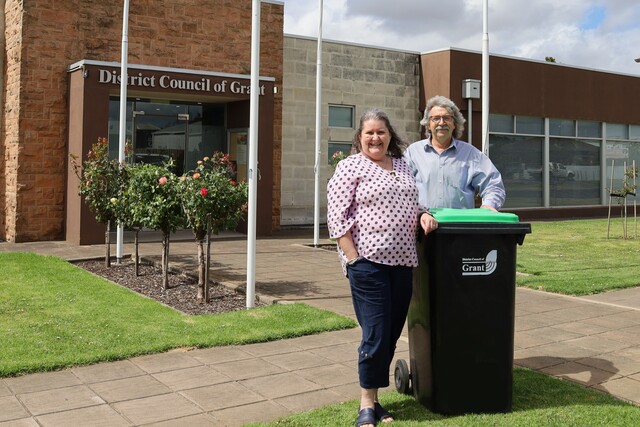After 35 years of analysing Australian politics and Local Government, Professor Dean Jaensch makes no secret of the fact that he considers Local Government to have the best potential to become the, if not the only, democratic government in Australia.
“I believe that Australia is seriously over governed, bedevilled with triplication, cost shifting, buck passing, inefficiency and undemocratic practices,” he told delegates. “The key problem is a Federal structure which has lost touch with the realities of the modern Australian society. The 1897 compact which established a Federal Australia is anachronistic, and must be replaced but replaced by what?
“What we have at the moment is a three sphere system, which includes two tiers. That is, one component has a subordinate role. That is where you come into the equation. You should be a third sphere but in practice you are a subordinate tier. Your aim should be to change this.”
He then posed the question does Local Government justify being given more power, and if so, how should it go about obtaining it?
“You are a transformed sector of democratic government in Australia. You relate to, and affect the public, more closely than State and Commonwealth governments; you have made yourself into an efficient and effective and professional sector, with a fully professional corporate structure. You are technologically ahead of the State Parliaments in terms of your processes.
“But, you have only minimal recognition and protection in the structure of Australian democracy; you have little political status, and you have very limited authority. You are a subordinate tier, dominated by State and Territory Governments. You are, in a practical sense, servile. This situation is historical, not logical.”
Professor Jaensch then outlined a five step process to address this – recognition, protection, then status, then authority and, at the final fifth level, sovereignty.
For recognition he said that the challenge is clear – win the support of the major parties and you will be well on the way to convincing voters of the merits of your case.
“But what will you have achieved with recognition in the Australian Constitution?” he asked. “It is not a political holy grail. You will have achieved nothing beyond simply being recognised as existing, and having protection of the existence of your sector in the sovereign law of the nation.”
But Professor Jaensch posed a further challenge: Is Local Government deserving of status and authority? “Do you deserve a status in the Australian political system?” he asked. “The reality is that Local Government will need to prove itself worthy of constitutional reform, and that may require that your practices will have to accord with principles. State and Federal governments already have full authority and sovereignty already – but you have to argue for it.
“You will have to prove your fitness, and hence be more pure to the principles than they are.
“Changing what is, and what has been for over 150 years, will not be simple, nor quick. It can be achieved, but only by excellent communication at all levels, seeking and achieving consensus among all components, and by bringing your electors into the councils and into the process of reform.
“Above all, you will need to convince the broad population – who will have the final say on any constitutional changes – that they will actually benefit from the reforms.
“The whole Local Government sector must be united, and to be united about aims which are crystal clear in terms of roles and responsibilities. A divided council is no asset in this process; a divided sector would write the death warrant for reform.”







